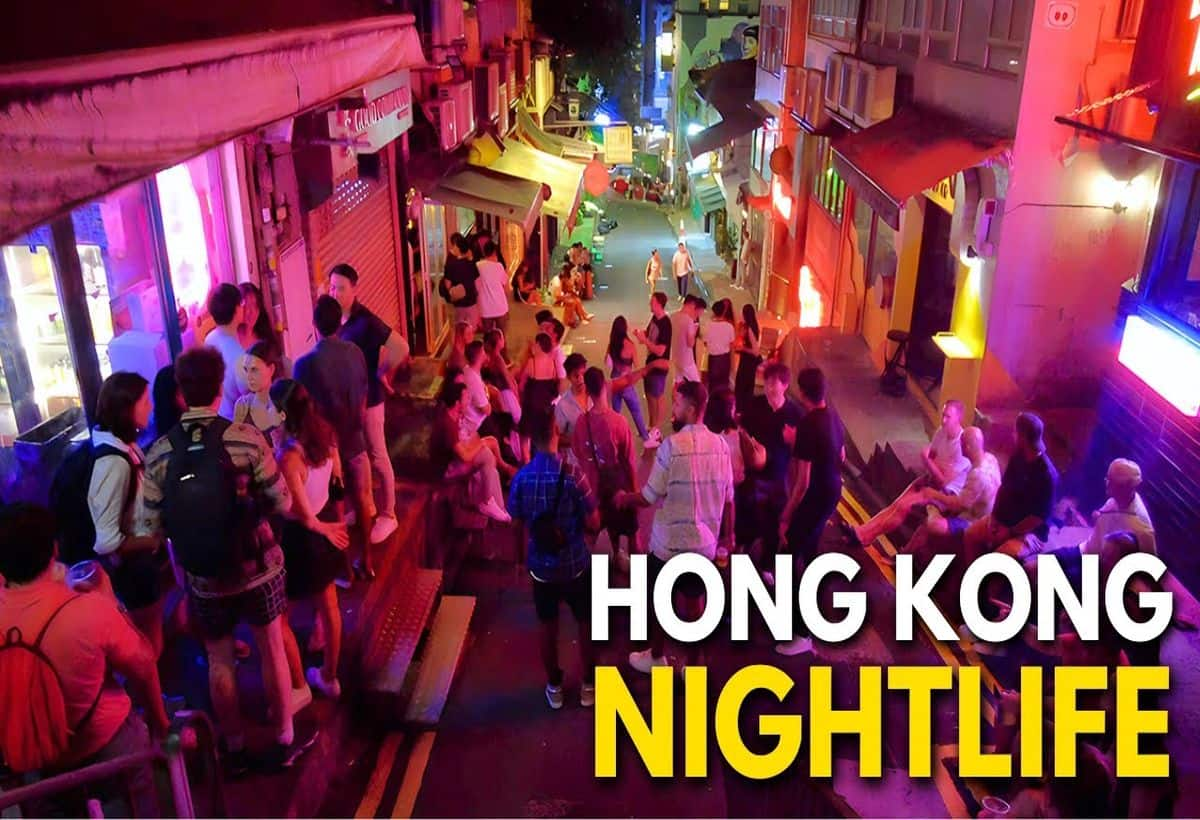Revitalizing Hong Kong’s Nightlife: Tax Cuts on Spirits
Hong Kong is planning to reduce the tax on spirits as part of a strategy to enhance its appeal as a premier destination for nightlife, dining, and shopping. The announcement is expected during Chief Executive John Lee’s policy address in mid-October. This move comes amid efforts to revitalize the local economy and encourage spending in the hospitality and retail sectors, which have faced significant challenges post-Covid.
Current Tax Structure and Proposed Changes
Currently, alcoholic beverages with more than 30% alcohol content are subject to a staggering 100% duty, making Hong Kong home to the highest spirits tax in the world. The proposed tax cut aims to encourage consumers to opt for premium liquors instead of stocking up on cheap alternatives, potentially creating a healthier drinking culture.
Impact on Local Economy and Hospitality Sector
If implemented, this tax reduction could significantly boost spending on high-end spirits, which would be advantageous for bars, restaurants, and retailers that have struggled to attract tourists since the pandemic. Following years of political turmoil and health crises, household spending has also slowed, further stressing the need for a resurgence in local spending.
Challenges and Competitive Landscape
Hong Kong is contending with increasing competition from tourist-friendly cities in mainland China, Singapore, and Japan. The retail sector has seen troubling trends, with a reported 12% decline in sales in July compared to the previous year and an overall revenue loss of 25% from 2018 levels. These statistics highlight the urgent need for Hong Kong to innovate and pivot its strategies to regain its status as a travel and shopping hub.
Global Spirits Market and Hong Kong’s Position
The drive to cut spirits taxes also aligns with Hong Kong’s ambition to position itself as a global player in the spirits trade, estimated to contribute $730 billion to the global economy in 2022, generating substantial tax revenue. In 2008, Hong Kong eliminated taxes on non-spirit-based alcoholic beverages, leading to a remarkable 80% increase in wine imports the following year. The subsequent two years saw a boom in over 800 wine-related businesses, marking a significant transformation in the local alcohol market.
Conclusion: A Hope for Recovery
The potential tax relief on spirits is more than just a financial adjustment; it serves as a beacon of hope for Hong Kong’s post-pandemic recovery. As the city focuses on rejuvenating its nightlife and retail industries, the forthcoming policy changes could pave the way for increased tourism, economic stability, and a strengthened community around Hong Kong’s vibrant culture and lifestyle.










